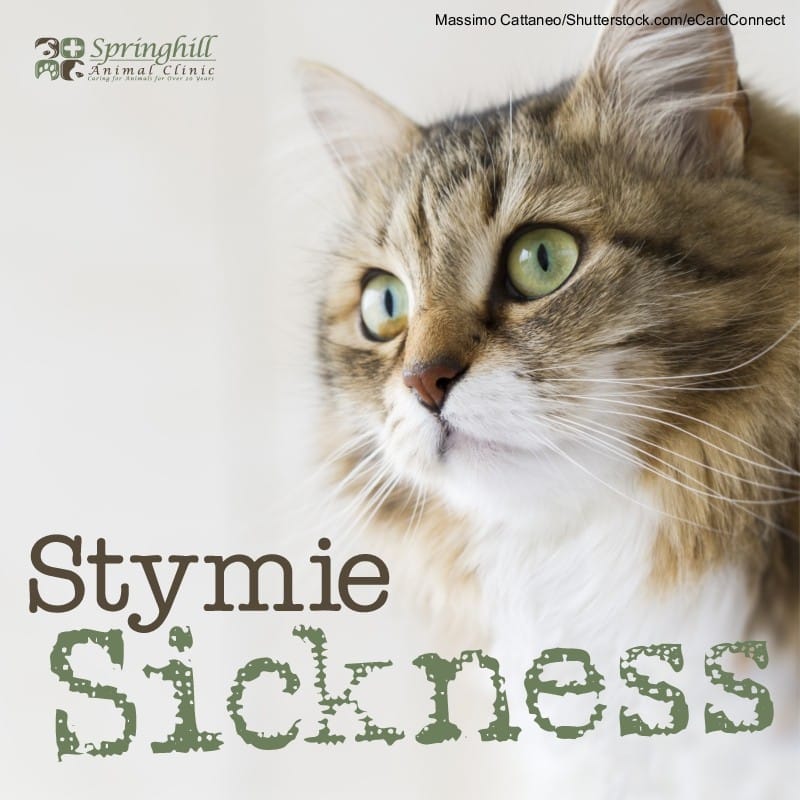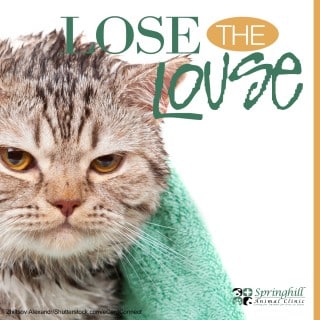Just as routine preventive care for parasites, vaccinations and dental care are crucial as your pet ages into senior status, so are her nutritional needs. Easy access to food and fresh water at all times are two simple ways you can help your pet, but her changing nutritional needs go beyond that.
For dogs, foods designed for seniors often have less fat but not lower levels of protein. As her veterinarian, we can help you adjust her diet from adult to senior, providing personalized dietary recommendations. However, there are other ways that may help her make the switch.
Smaller, more frequent meals are often easier on her digestive system as she ages. Consequently, her bathroom routine will need to be adjusted to allow for more frequent trips outside.
Much like humans, our dog’s metabolism slows as she ages, requiring 30 to 40 percent fewer calories than younger dogs of the same breed and size. That said, don’t overfeed as it can lead to weight gain which can exacerbate issues with arthritis.
Your dog may gradually lose her appetite as she ages, something that is not uncommon. However, if you are the least bit concerned about your pet?s appetite, contact us. But should we find that the appetite loss is unrelated to a larger health issue, here are some ways you can coax it back:
– Warm the food. Her sense of taste and smell may also diminish over time, and warmed food may pass off a strong smell of the food she once devoured. Be careful not to warm the food to a temperature that would burn her mouth.
– Some older dogs prefer to “slurp” their food. Adding a small amount of unsalted beef or chicken broth can turn the food into a soup.
– Adding a little variety to her food may also spark an appetite increase. A small amount, to avoid an upset stomach later, of beef or chicken, broth or lightly cooked vegetables are common additions.
For cats, unfortunately, many become obese as they age, while a small number lose more weight than they should. Both ends of the weight spectrum can cause health-related issues for our feline friends. As his veterinarian, we can offer guidance and personalized dietary recommendations as he ages.
Always remember that cats are obligate carnivores and avoid vegan or vegetarian diets, regardless of whether he has reached senior cat status. His diet requires special amino acids only found in animal sources and a higher level of protein than dogs.
Consider boosting his diet with fatty acids such as DHA and EPA. These fatty acids have been found to help with mobility issues such as arthritis and other joint diseases in older cats. Glucosamine and chondroitin also provide benefits to seniors.
Senior and geriatric cats are more susceptible to dehydration, especially if they have a medical condition. Make sure a variety of accessible and fresh water sources are available throughout your home.
As with dogs, his sense of taste and smell may diminish with age, leading to a decrease in appetite. Warming his food may coax it back to a normal level.
Becoming a senior pet means a lot of changes for your pet, nutrition notwithstanding. But good nutrition is key to good health and many years together for you and your pet. If you have any questions or concerns regarding your senior pet’s nutrition, contact us!



